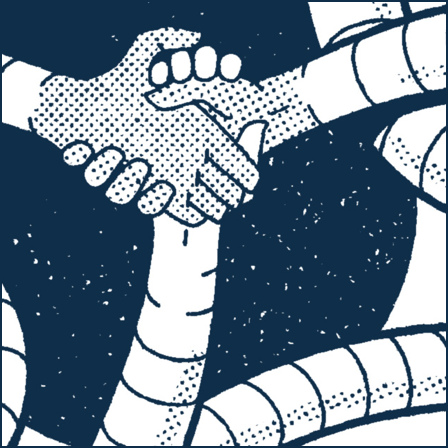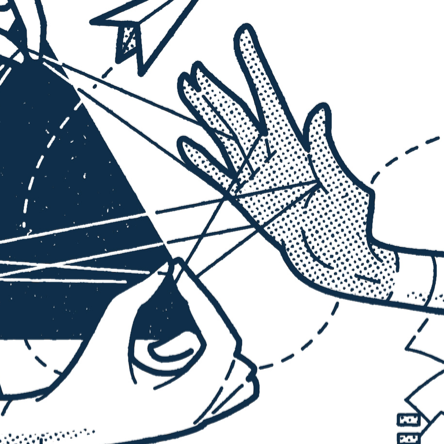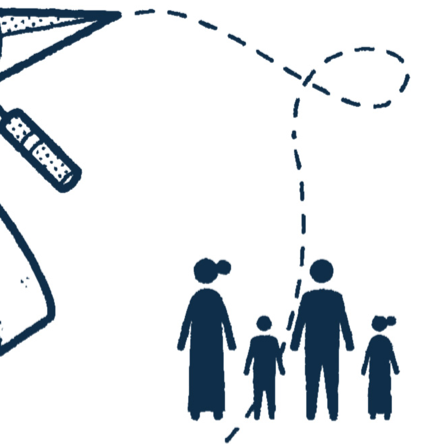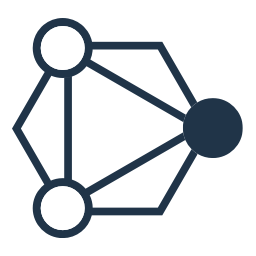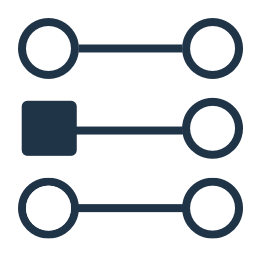Mission
We are Ki, and we are here to catalyze knowledge-based decisions that improve people’s lives. We do this by helping partners directly through the research process, the product development process, and the process of translating research into recommendations for action. We also do this by sharing what we’ve learned broadly so that anyone looking to make better decisions can use our methods. Our goal is to strengthen decision-making by ensuring that researchers, policymakers, and practitioners are identifying all the data relevant to a given problem, as well as knowledge gaps, analytic nuances, and hidden risks, so they can turn their ideas into impact. We believe these choices are strengthened by curated, individual-level, longitudinal study data.
Background
Solving complex global health problems
Solving complex problems will save lives. We therefore have an obligation to try to solve problems using data that reflects circumstances in all their complexity. Ki, in partnership with the global health community, is dedicated to fulfilling that obligation.
Because one person’s health is affected by many possible interacting factors and specialized regional and individual circumstances, it is important to discover interventions that work in many contexts or are adaptable to local conditions, including practical constraints.
Improving health for each person in a sustainable way requires identifying and implementing interventions that work over the long term for that individual and their greater community.
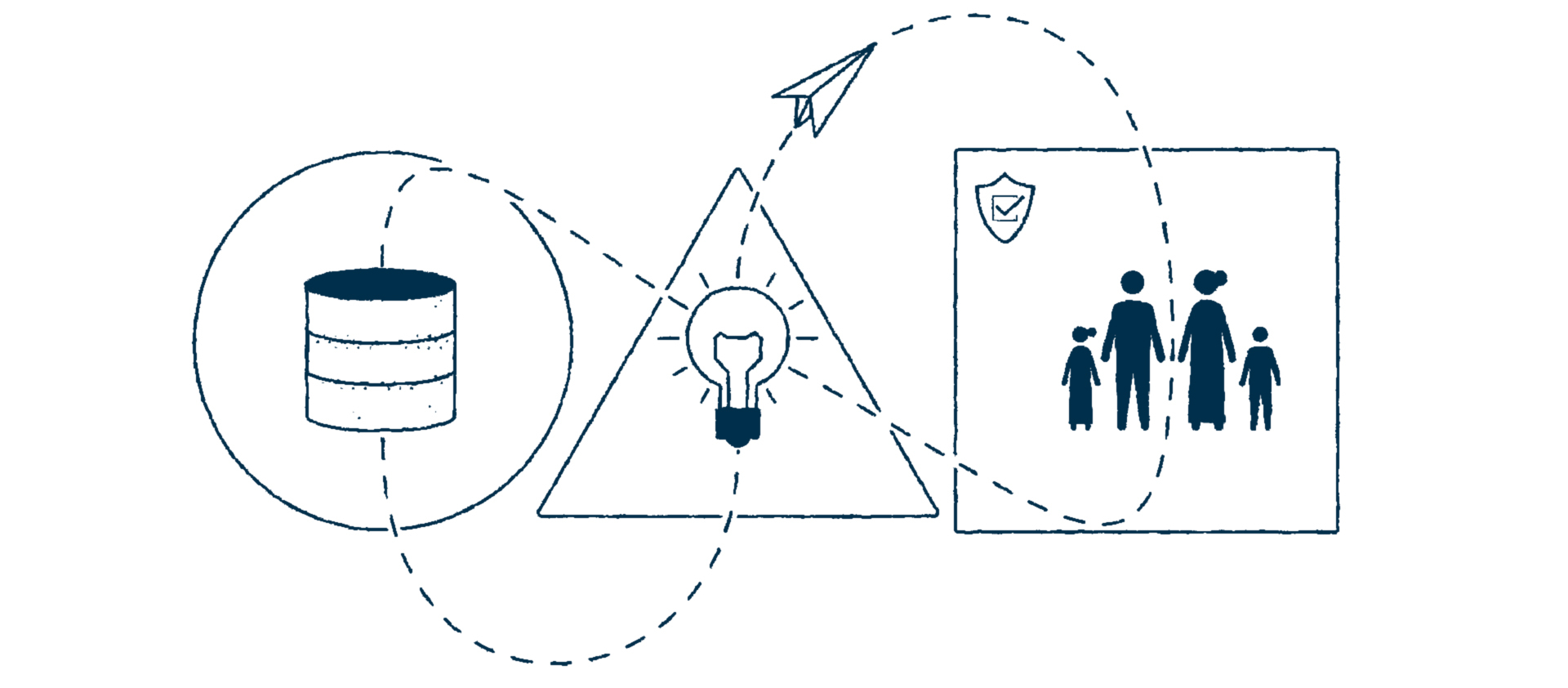
Perpetual learning to improve outcomes
Ki was created in 2013 to inform decision-making within the Gates Foundation by leveraging technological advances, experimenting with new analytical techniques, and incorporating lessons learned from past failures.
We now use integrated design thinking and leverage our network of knowledge to encourage practical solutions that account for nuances in any environment.
The continuous improvements we make alongside our partners based on using mostly longitudinal data, learning, and changing behavior generate sharable insights and resources to promote optimal decision-making for global health.
We are shifting how global health research is done, because there is an urgency to move faster and collaborate more with policy makers. Part of this acceleration involves using new designs and data that can yield study results in a shorter timeframe than the typical study (point of view coming –the promise of real world data and clinical trials for global health). Studies that are designed to answer multiple questions that simultaneously address many parts of the complex system of global health will reduce the number of years it takes to get answers and find actions that benefit communities. Sharing scientific findings earlier, and sharing underlying data for reuse and incorporation into the next phase of planning, will yield even faster data-informed impact.
We take three specific approaches to go from data to knowledge and decision making. Together, they form the innovative process that Ki has pioneered to address a wide range of global health challenges:
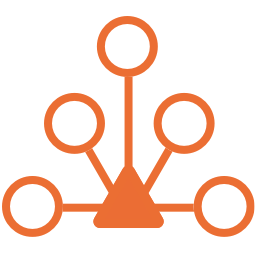
Data Sharing
We work with partners to develop policies and procedures that allow for the ethical and efficient sharing of individual patient-level data with researchers seeking answers to the most urgent questions in global health.
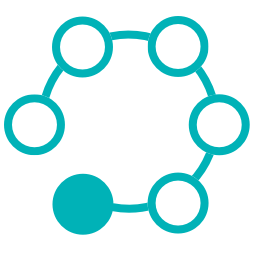
Multidisciplinary Analysis
We promote methodologies for bringing together data analysts, health and science domain experts, and other in-country experts to generate actionable knowledge from shared data.
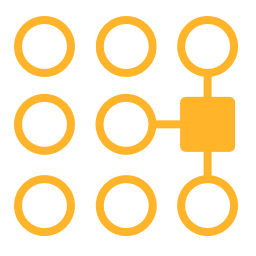
Translation
We consider new ways to disseminate knowledge so that it leads quickly to improvements in policies, processes, and protocols—and ultimately saves lives.
Data Challenges
We partner with Grand Challenges and fund multidisciplinary teams in Africa, Brazil, and India to address challenges in their geographies using data science.
Data ChallengesPoints of View
Read Ki's leaders and partners' thoughts on important developments in the worlds of data sharing, analysis, and translation.
